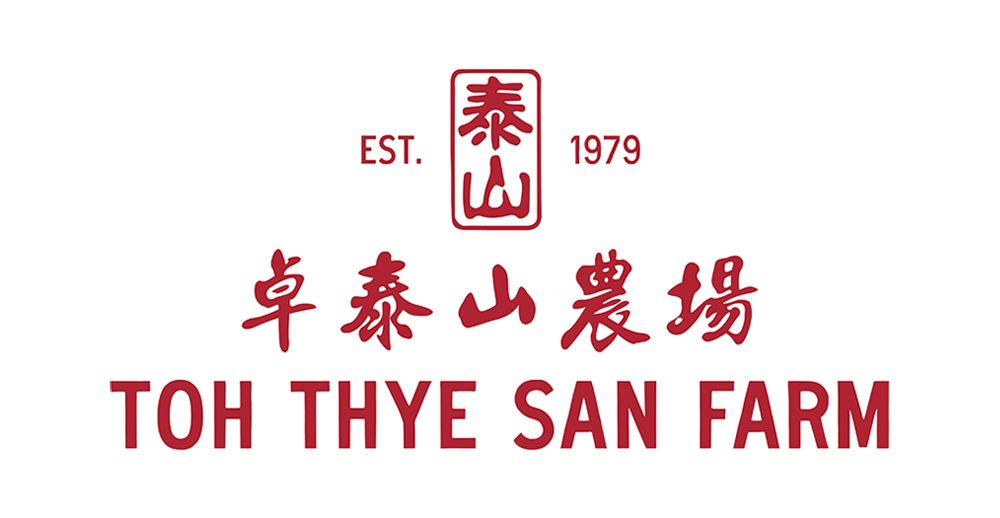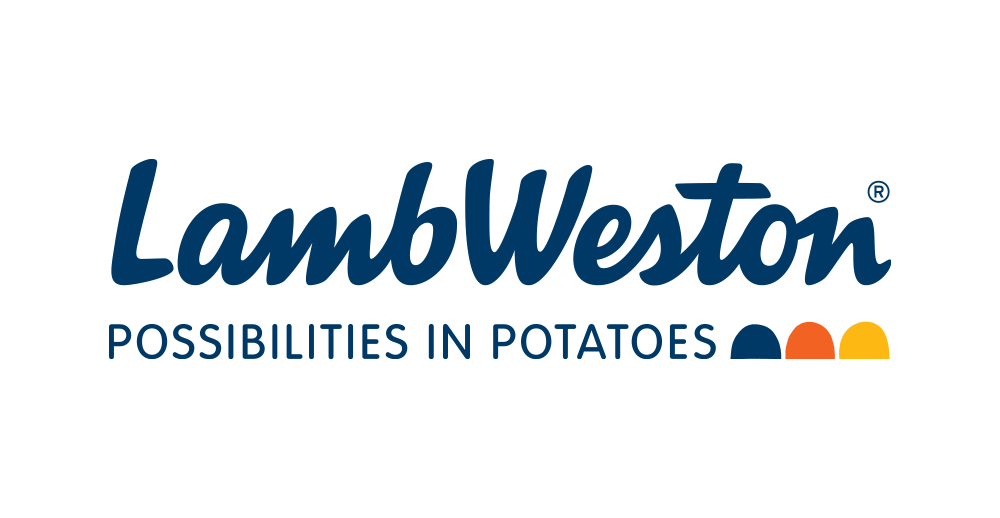In today’s world, consumers are increasingly interested in making healthier and more wholesome food choices. This interest has put the spotlight on “natural food.”
This article will delve into natural food, defining what it means, exploring its characteristics, and uncovering its significance in nutrition and overall well-being.
This guide will give us insights into our diet choices and their profound impact on our health and vitality.
Natural food represents a path towards more nutritious and health-conscious eating, aligning with the desires of those who seek wholesome and nourishing options for their meals.
Defining Natural Food

Explaining the meaning of natural food while understanding its essence is pivotal. Natural foods can be best described as unadulterated sustenance that remains as close to its original state as possible.
They are characterized by minimal processing an absence of artificial additives, and often originate from whole ingredients.
In essence, natural food embodies simplicity in nourishment, emphasizing purity and wholesomeness. This definition forms the foundation for exploring the many facets of natural food and its significance in our diets and well-being.
Characteristics of Natural Food
Minimal Processing
One of the distinctive characteristics of natural food is its minimal processing. Natural foods are as close to their original state as possible, with minimal alteration from their natural form. This preservation of their innate qualities has several significant advantages:
- Nutrient Retention: Natural foods tend to retain more of their essential nutrients. Minimal processing means that vitamins, minerals, and other beneficial compounds remain intact, providing more excellent nutritional value.
- Natural Flavors: With minimal processing, the flavors of natural foods are preserved. This results in a more authentic and flavorful culinary experience, allowing individuals to savor the authentic taste of the ingredients.
Embracing natural foods with minimal processing enhances their nutritional content and elevates the dining experience by celebrating these unadulterated ingredients’ inherent richness and goodness.
No Artificial Additives
Natural foods are distinguished by their lack of harmful synthetic additives. These unaltered foods lack artificial preservatives, colors, flavors, and other synthetic compounds commonly found in processed products.
This absence of artificial elements reflects a commitment to cleaner and healthier eating:
- Clean Eating: The omission of synthetic additives aligns with the principles of clean eating, where individuals prioritize foods in their purest forms. This approach promotes a diet free from potentially harmful chemicals.
- Healthier Choices: Natural foods, free from artificial additives, offer a healthier alternative to processed counterparts. They provide a more wholesome and nourishing option for those seeking to optimize their nutritional intake.
Opting for natural foods without artificial additives empowers individuals to make informed dietary choices that prioritize health and well-being, contributing to a cleaner and more natural approach to nutrition.
Common Examples of Natural Foods
Fruits and Vegetables

Fruits and vegetables stand as prime examples of natural foods. They are the essence of unprocessed, wholesome nutrition, offering many health benefits. Here, we delve into why these fresh produce items are essential components of a natural diet:
- Nutritional Abundance: Fruits and vegetables are nutritional powerhouses, bursting with vitamins, minerals, and antioxidants. They provide essential nutrients that support overall health and well-being.
- Dietary Diversity: Incorporating a variety of fruits and vegetables diversifies your diet, ensuring a broader spectrum of nutrients. This dietary diversity can have a positive impact on your health.
- Fiber-Rich: Many fruits and vegetables are rich in healthy dietary fiber, which aids digestion, helps maintain a healthy weight, and promotes heart health.
- Natural Hydration: Fruits and vegetables often have high water content, contributing to natural hydration. This is particularly beneficial for overall health and skin vitality.
Whole Grains

Whole grains, such as brown rice, quinoa, and oats, epitomize natural foods due to their minimal processing.
Let’s explore why these grains are valued for their unprocessed nature, their generous fiber content, and the health benefits they offer:
- Minimal Processing: Whole grains are left as close to their natural state as possible, preserving their original nutrients and goodness without the extensive processing that refined grains undergo.
- Fiber-Rich: Whole grains are renowned for their abundant fiber content, which supports digestive health, aids in maintaining a healthy weight, and can reduce the risk of chronic diseases.
- Nutrient-rich: These grains are packed with essential vitamins, minerals, and antioxidants, contributing to overall well-being.
- Satiety: The fiber in whole grains promotes a feeling of fullness and satisfaction, which can be beneficial for managing weight and curbing cravings.
Benefits of Choosing Natural Food
Improved Nutrition
Choosing natural foods offers a range of nutritional advantages that contribute to overall well-being.
Let’s explore why opting for natural foods is synonymous with enhanced nutrition, providing higher nutrient content, more fiber, and essential vitamins and food minerals:
- Higher Nutrient Content: Natural foods contain essential vitamins and minerals. Each bite gives you more nutritional value, supporting your body’s daily requirements.
- Abundant Fiber: Many natural foods are excellent sources of dietary fiber. This fiber aids digestion, helps maintain a healthy weight, and supports heart health.
- Essential Vitamins and Minerals: Natural foods often provide many vitamins and minerals crucial for various bodily functions. These micronutrients play a vital role in overall health and vitality.
Health and Well-Being
Natural foods play a significant role in promoting better health and overall well-being. Let’s delve into how these foods contribute to enhanced health and reduce the risk of chronic diseases:
- Nutrient-rich: Natural foods contain essential vitamins, minerals, and antioxidants that support various bodily functions. They provide the foundation for optimal health.
- Lower Risk of Chronic Diseases: Incorporating natural foods into your diet can reduce the risk of chronic diseases such as heart disease, diabetes, and certain types of cancer. Their nutrient density and absence of harmful additives make them a preventive choice.
- Wellness and Vitality: The nutrients found in natural foods can boost energy levels, support a healthy immune system, and contribute to overall vitality. This translates into improved well-being and quality of life.
Making natural foods a part of your daily eating habits is a straightforward and effective way to invest in your health and well-being, reducing the risk of chronic diseases and promoting a healthier, more vibrant life.
Considerations and Challenges
Accessibility

One of the challenges with natural foods is their limited accessibility, especially in specific regions or for individuals with limited resources. Let’s explore this challenge and discuss strategies for making natural foods more accessible:
- Regional Constraints: Some areas may have limited access to various natural foods. This can be due to climate, geographical location, or local food availability.
- Affordable Options: Natural foods are sometimes perceived as costly. However, there are strategies to make them more affordable, such as buying in bulk, shopping locally, or participating in community-supported agriculture (CSA) programs.
- Education and Awareness: Raising awareness about the benefits of natural foods and providing education on incorporating them into budget-conscious meal planning can make them more accessible to a broader audience.
- Community Initiatives: Local communities can play a vital role in increasing accessibility by establishing farmers’ markets, community gardens, or food cooperatives that offer natural food options.
Addressing the accessibility challenge requires community efforts, education, and resourceful strategies. By making natural foods more attainable, we can extend their benefits to a broader range of individuals and regions.
Price Comparisons
Budget-conscious consumers must understand the price differences between natural foods and processed alternatives. Let’s delve into price comparisons and explore cost-effective ways to include natural foods in your diet:
- Price Variations: Natural foods can sometimes be perceived as more expensive than heavily processed options. While this may be true for specific items, comparing prices on a per-serving or per-nutrient basis is essential.
- Value of Nutrients: Consider the nutrient density of natural foods. They often provide more essential vitamins, minerals, and antioxidants per calorie, making them a valuable choice for overall health.
- Smart Shopping: Look for sales, discounts, and promotions on natural foods. Buying in bulk and opting for seasonal produce can also reduce costs.
- DIY Approaches: Consider making certain natural foods from scratch. For example, preparing homemade oatmeal is often more cost-effective than buying pre-packaged options with added sugars.
By being mindful of price comparisons and adopting budget-friendly strategies, you can enjoy the benefits of natural foods without straining your finances. It’s all about making informed choices that align with your health and budget goals.
Conclusion
In conclusion, natural foods promote health, wellness, and cleaner eating practices. Their significance extends beyond personal well-being, shaping consumer preferences, and fostering a healthier food environment.
As we embrace natural foods, we invest in our health and the health of our planet. We reduce the risk of chronic diseases, support sustainability, and savor the unadulterated goodness of wholesome ingredients.
Choosing natural foods is not merely a dietary choice; it’s a conscious decision to nurture ourselves and the world around us.
The future of natural eating is brighter than ever as more individuals recognize the benefits of these unprocessed, nutrient-rich options.
By choosing natural foods, we pave the way for a healthier and more sustainable food landscape, ultimately leading to improved well-being for ourselves and future generations.





























